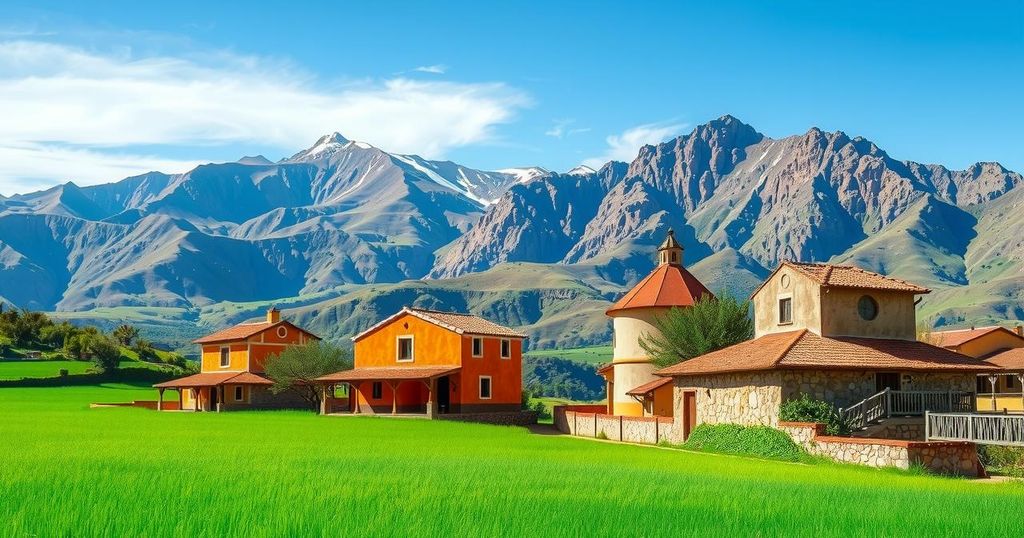Peruvian President Urged to Veto Controversial ‘Anti-NGO’ Legislation

Peruvian President Dina Boluarte is urged to veto a newly passed bill by Congress that would limit the activities of independent journalists and civil society organizations receiving foreign funding. Critics claim the bill’s vague provisions would allow for arbitrary government actions against dissenters, reflecting a trend of actions undermining democracy and human rights. President Boluarte’s imminent decision will significantly influence the protection of civil liberties in Peru.
Peruvian President Dina Boluarte faces pressure to veto a bill recently approved by Congress that aims to impose significant restrictions on independent journalists and civil society organizations, according to Human Rights Watch. This bill, which passed on March 12, 2025, would enhance governmental control over entities receiving foreign funding and could lead to arbitrary penalties against those critical of governmental policies. It is part of a concerning trend of congressional actions that undermine democratic institutions and judicial independence.
The proposed legislation allows the government to block projects funded by foreign resources and mandates public disclosure of the details concerning these entities. This provision raises alarm, as it could expose journalists and human rights defenders to harassment. The law’s broad and vague language could potentially classify various forms of advocacy, including human rights legal cases, as ‘misuse’ of funds, affording the government wide latitude to suppress dissent.
Notably, Congress justified this bill by citing concerns over funding misuse, yet reports indicate that the actual financial irregularities stem primarily from criminal activities such as illegal mining, not from legitimate NGOs. Critics argue that, rather than targeting culpable organizations, Congress is focusing on silencing opposition voices, effectively undermining investigations into corruption and organized crime.
President Boluarte has already refrained from vetoing several controversial bills that threaten democratic principles, including measures limiting accountability for crimes against humanity and narrowing the definition of organized crime. Such inaction further exacerbates concerns regarding the erosion of the rule of law in Peru. Under recognized international covenants, any restrictions on freedom of expression must be narrowly focused and proportionate; however, this bill includes provisions that are excessively broad and inconsistent with these legal frameworks.
Human Rights Watch emphasizes that while regulation of civil entities for financial integrity is permissible, this legislation could serve to penalize dissenters and significantly curtail the operational capacity of independent media and human rights organizations. This situation demonstrates the ongoing challenges in safeguarding freedom of expression and the critical role of civil society in Peru.
The situation surrounding the proposed ‘anti-NGO’ law in Peru highlights the delicate balance between governmental oversight and the preservation of civil liberties. President Boluarte’s decision in the coming days will be pivotal in determining the future of independent journalism and civil society in the nation. The international community, along with local advocates, is closely monitoring developments, as the implications of this legislation could undermine democratic structures and human rights protections in Peru.
Original Source: www.hrw.org







